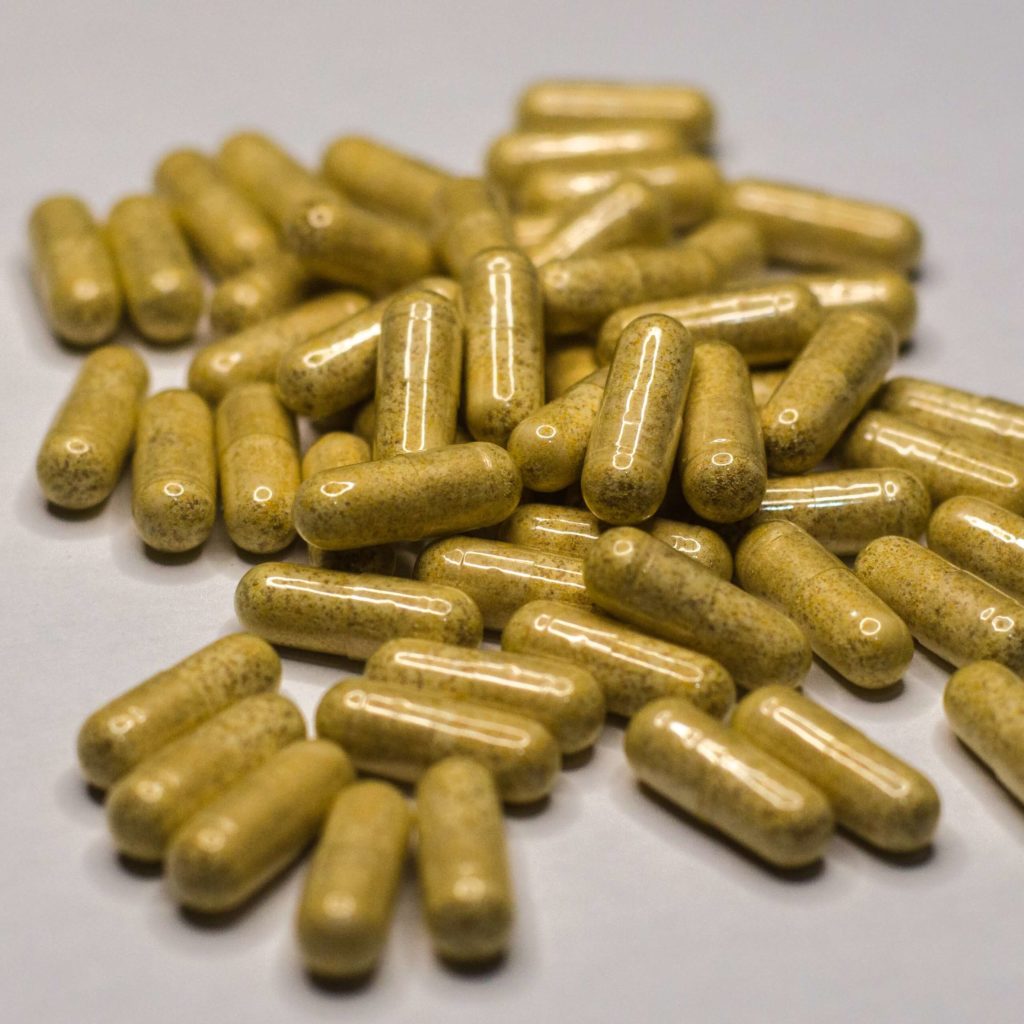When it comes to kratom, there are considerable restrictions in place to prevent discussion of its effects and the ongoing research into its properties. To enhance your personal experience with kratom, it is important for you to understand the nature of these restrictions, and why they are there.
This discussion on kratom will hopefully help you to better appreciate the evolving situation surrounding kratom and enable us to ultimately alleviate these restrictions in the future.
So just what are these restrictions?
Generally speaking, we are unable to have discussions regarding the actual effects kratom may have. That prevents us from making any sort of general claims as to the beneficial properties it may possess, or the treatments it might be used for. That means we can only focus on anecdotal accounts of its efficacy in individual scenarios. However, even with restrictions in place, mainstream media has reported that kratom has been instrumental in helping specific groups of people.
But why are these restrictions in place? Well, the FDA (the US Food and Drug Administration) is extremely strict about the types of kratom discussion claims which are permissible for promotional purposes. There are two key varieties of claims which concern us: the health claim and the structure-function claim. Let us look at them individually:
What is a health claim?
Health claims are closely regulated by the FDA, and pre-approval is required before such claims can be used for advertising or packaging a product. These are specific claims which indicate that a substance can affect existing diseases or health conditions. As you can imagine, the criteria for a health claim are pretty ambiguous.
To guarantee a health claim is honest and accurate, it needs to be closely examined by the FDA. This makes the process of gaining approval a bit complicated.
What is a structure-function claim?
This is a claim regarding the more generally positive properties or functions of a substance. For instance, promotional claims that a substance boosts general wellbeing or improves overall health would be classed as a structure-function claim.
Such claims are still monitored by the FDA, but in a much less rigorous way than health claims. So long as there is evidence to support such a claim, and this claim is reported to the FDA, it can be used for the purposes of advertising. However, such advertising must be accompanied by a disclaimer indicating that the claims are not regulated by the FDA.
How does this affect kratom?
Unfortunately, marketing for kratom cannot use either a health claim or a structure-function claim. That is because none of the research which has already been conducted is acknowledged by the FDA. Therefore, claims of any kind would be problematic from a legal perspective.
That is why the marketing and discussions of Kratom are general and do not go into the detail that you might expect. But we hope that will soon change.
The future of kratom
Thanks to new legislation and the GMP compliance program, it seems the need for better awareness and understanding of kratom is finally being addressed. It is an ongoing struggle, but we are working hard to improve the overall experience for you, the consumer.







